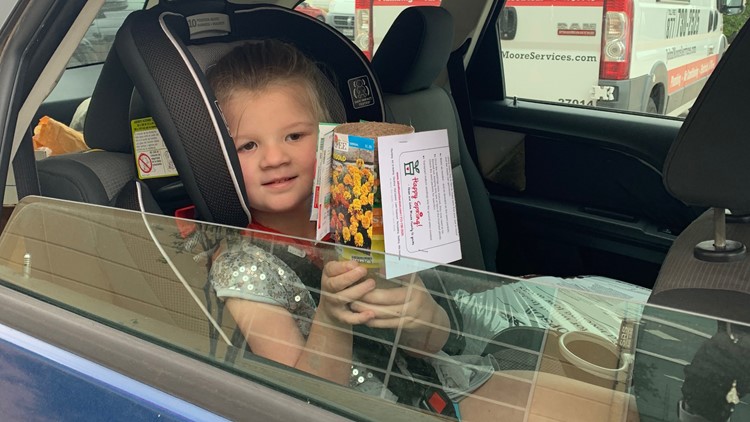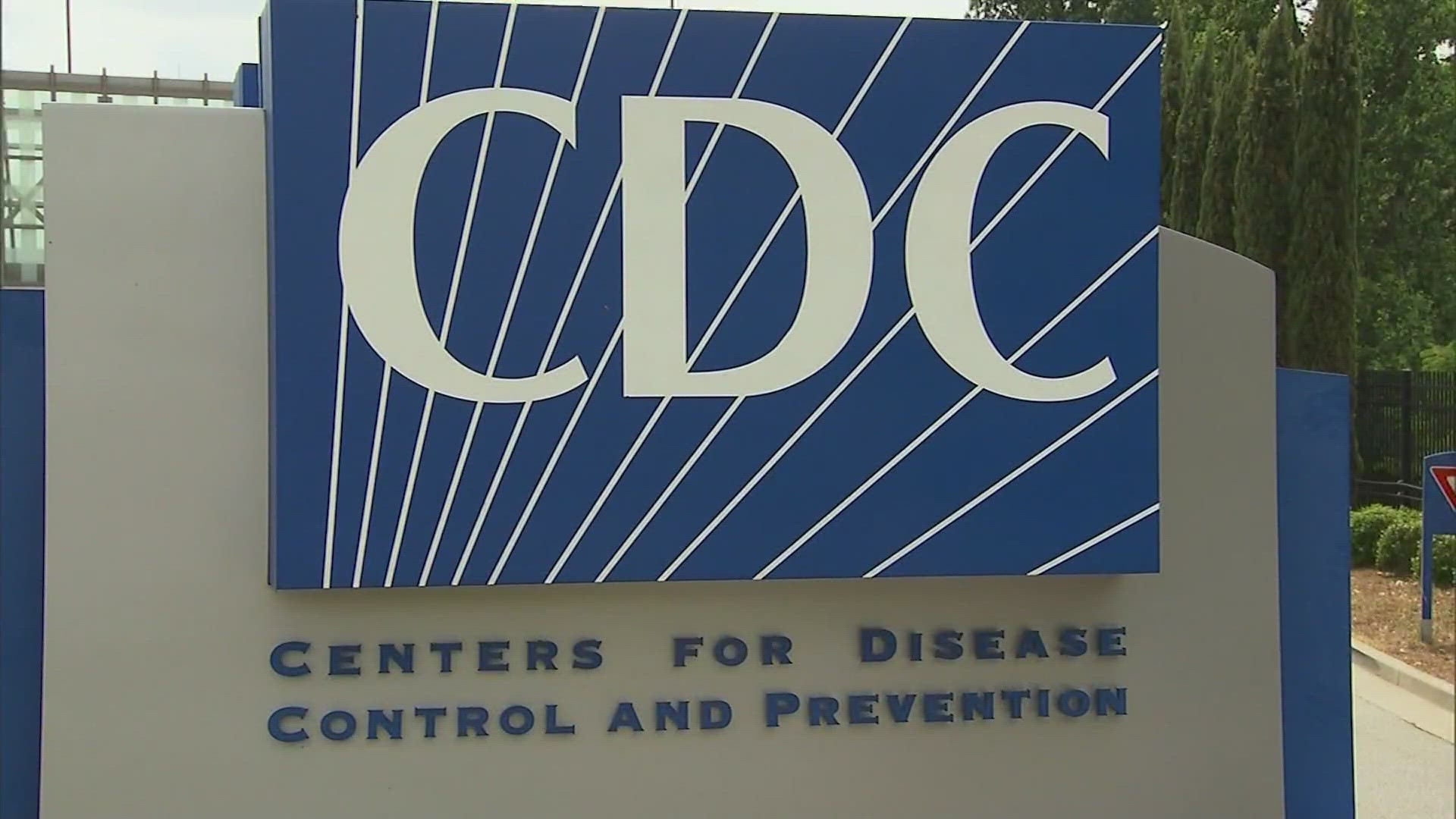HOUSTON — As everyone adjusts to this “new normal” during the coronavirus pandemic, parents are getting creative in finding activities for the entire family. John Moore Services is hoping to provide such an activity by offering free planting kits for Houston-area families.
These “Seeds of Hope” planting kits include potting soil, pots, vegetable and flower seed packets. The packets started as an idea to provide 100 kits to families but quickly expanded to more than 3,000.
“This project is a true labor of love from our John Moore family to yours,” said Don Valentine, President and Owner of John Moore Services. “We wanted to reach out to families and provide them with a fun, learning activity to brighten their days at home. Community is so important right now, and we’re grateful to have this opportunity to give back to our fellow Houstonians.”
The kits are available for curbside pickup between 9 a.m. and 2 p.m. Monday to Friday at John Moore Services, 10005 West Sam Houston Parkway N, Houston, TX 77064.
RELATED: Coronavirus updates: 21 COVID-19 cases linked to two Park Manor nursing homes in Montgomery County
Coronavirus symptoms
The symptoms of coronavirus can be similar to the flu or a bad cold. Symptoms include a fever, cough and shortness of breath, according to the Centers for Disease Control. Some patients also have nausea, body aches, headaches and stomach issues. Losing your sense of taste and/or smell can also be an early warning sign.
Most healthy people will have mild symptoms. A study of more than 72,000 patients by the Centers for Disease Control in China showed 80 percent of the cases there were mild.
But infections can cause pneumonia, severe acute respiratory syndrome, kidney failure and even death, according to the World Health Organization. Older people with underlying health conditions are most at risk for becoming seriously ill. However, U.S. experts are seeing a significant number of younger people being hospitalized, including some in ICU.
The CDC believes symptoms may appear anywhere from two to 14 days after being exposed.
Human coronaviruses are usually spread through...
- The air by coughing or sneezing
- Close personal contact, such as touching or shaking hands
- Touching an object or surface with the virus on it, then touching your mouth, nose or eyes before washing your hands.
Help stop the spread of coronavirus
- Stay home when you are sick.
- Eat and sleep separately from your family members
- Use different utensils and dishes
- Cover your cough or sneeze with your arm, not your hand.
- If you use a tissue, throw it in the trash.
- Follow social distancing
Lower your risk
- Wash your hands often with soap and water for at least 20 seconds. If soap and water are not available, use an alcohol-based hand sanitizer.
- Avoid touching your eyes, nose, and mouth with unwashed hands.
- Avoid close contact with people who are sick.
- Clean and disinfect frequently touched objects and surfaces.
- If you are 60 or over and have an underlying health condition such as cardiovascular disease, diabetes or respiratory illnesses like asthma or COPD, the World Health Organization advises you to try to avoid crowds or places where you might interact with people who are sick.
Get complete coverage of the coronavirus by texting 'FACTS' to 713-526-1111.



